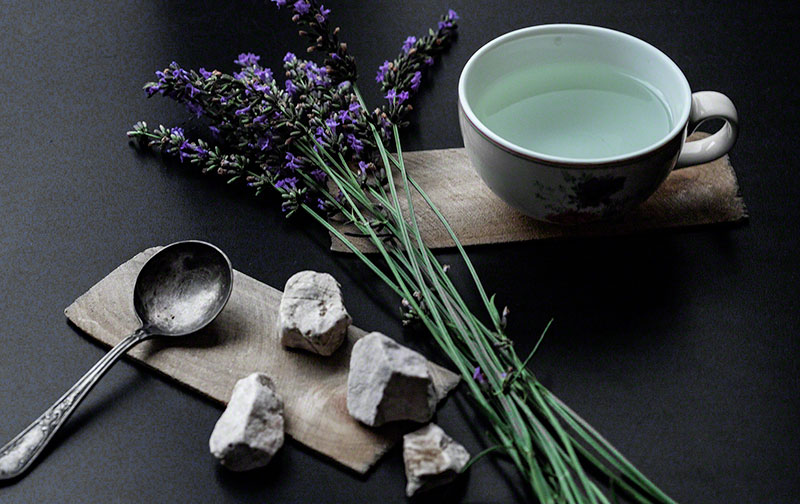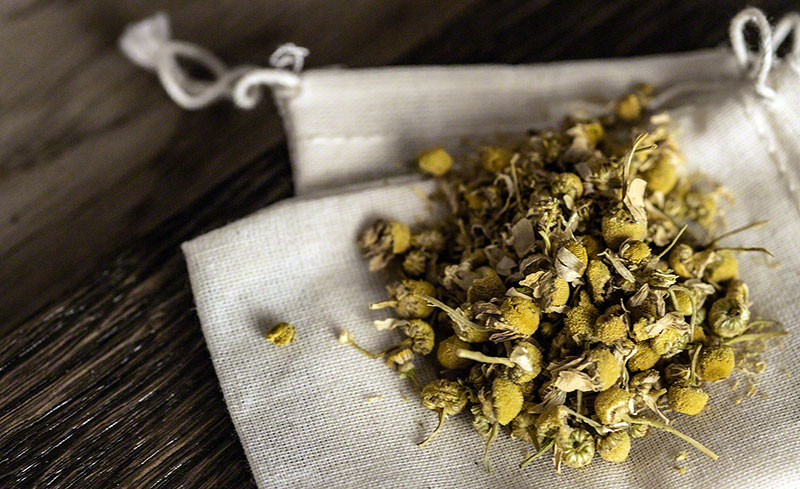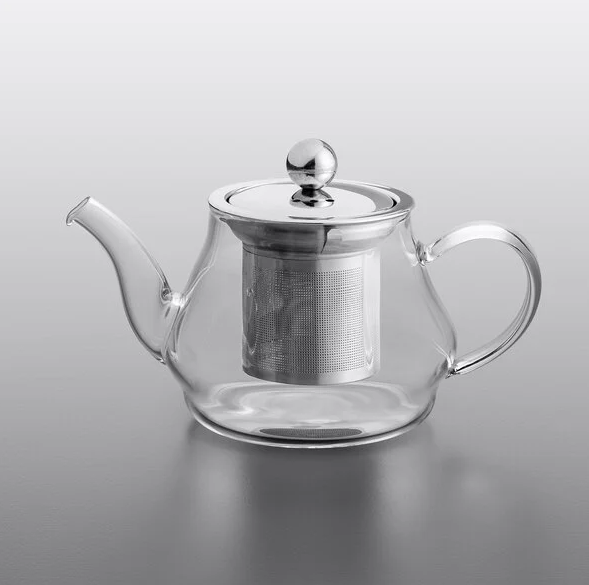Best Herbal Tea for Better Sleep
Nature has a lot to offer if you are looking for a good night sleep. Insomnia and sleeping disorders are a common side effect of a modern life. However, sleep deprivation can have a bad effect on health, everyday performance and mood in general. A cup of tea before bed might be all you need to fall into the land of dreams easily and stay asleep whole night.


Top bedtime teas
If you are unwilling to take sleep medicine and desperately need a full night of sweet dreams, some herbs may act as mild-tranquilizers and help with falling asleep more easily. Most of them are likely safe if not used in excessive amount and don’t pose a danger even if taken daily.1. Valerian Root tea
As one of the strongest sleepy time teas, Valerian root tea is one of the best herbal tea choices for treating insomnia. It has a strong distinctive scent, but a mild and pleasant flavor. Traditionally, it has been used both in Europe and U.S. for treating sleep problems and anxiety. Studies suggest Valerian may significantly improve sleep quality, but to get the benefits scientists suggest drinking it daily for at least 28 days[1]. However, other sources suggest it might help immediately. The good side of the valerian root tea is the lack of a drowsy feeling in the morning, usually a side effect of sleeping pills. Valerian is often blended with other herbs such as chamomile or hops, to maximize the sedative and calming effect.2. Chamomile tea
Chamomile tea is the traditional herbal remedy for calming and soothing body and mind. It contains flavonoids of which 68% is apigenin, a compound that may have a beneficial effect in treating insomnia and depression[2]. Chamomile is one of rare teas that is safe for everyone – from children to adults, healthy and unhealthy individuals, pregnant and breastfeeding women, and for internal and external use. Teas with chamomile: Mi-cha, Berry Chamomile, Honey Ginger Chamomile3. Lavender tea
Lavender is mostly used in aromatherapy for relaxation and sleeping problems. Scientists showed that lavender may be very beneficial for women that just gave birth. One study showed that a cup of lavender tea taken for 2 weeks was “effective in decreasing fatigue level, improving sleep quality and improving maternal infant attachment of the postnatal mother.[3]” Interestingly, women included in the study were advised not only to drink tea, but to enjoy and appreciate the scent before drinking it too. Indeed, tea time should always be a time to unwind and enjoy the whole process of preparing and drinking tea. Teas with lavender: Lavender Raspberry Herbal, Garden of Mariposa
Lavender tea
4. Passionflower tea
Passionflower was used by native Americans to treat insomnia, anxiety, hysteria and epilepsy[4]. Just like chamomile, passion flower has the same compounds beneficial for sleep - apigenin and chrysin. Research showed that passionflower may be a good sleep inducer and can be used by people suffering from insomnia or those complaining about problems related to sleep onset[5]. You can use passionflower pure or in blends as a caffeine-free tea for aiding sleep. It’s likely safe if used in small quantities, two to three times daily and 30 minutes before sleep[6].5. Hops
Hops, an ingredient in beer, is used as a sleep aid in the form of tea. Although pure hops tea is available on the market, to maximize the benefits it’s often mixed with other sleep inducing herbs like valerian root. Research showed that hops may help people suffering from insomnia and non-organic sleep disorder[7]. Keep in mind that drinking beer instead of tea before sleep is not recommended. Alcohol is an enemy of a good night sleep.6. Fennel
Although fennel might be more beneficial for relaxing muscle and aiding digestion rather than helping induce sleep, it’s often a part of many bedtime teas. Together with chamomile it might create a good blend to relax and help you fall asleep faster. Teas with fennel: Vanilla Spice Herbal, Shanti Herbal7. Lemon balm
Lemon balm or Melissa is a pleasantly smelling herb you can easily grow by yourself in a pot. Melissa has a sedative effect and may be effective in treating depression, anxiety and sleeping problems. Research shows that 8-week treatment with lemon balm had and significant impact on reduction of depression, anxiety, stress, and total sleep disturbance[8]. Leaves of lemon balm look very similar to mint, and you can use them raw or dried. A cup of lemon balm tea has a very pleasant lightly minty and sweet flavor. It’s often blended with other sleep inducing herbs to create more potent blends.5 tips to improve sleep quality
After you decide which tea you want to include into your daily evening routine, improve the quality of sleep further by taking following steps:
-
Avoid caffeine 6 hours before sleep

Dried Chamomile flowers
-
Take herbal teas at least 30 minutes before sleep
-
Avoid taking too much tea or other liquids before sleep
-
Consult your doctor
-
Choose caffeine free relaxing teas in the afternoon
Disclaimer: This article is for informational purposes only. It’s not intended to replace medical advice, diagnosis or treatment. Every person is different and may react to different herbs and teas differently. Never use teas or herbs to treat serious medical conditions on your own. Always seek professional medical advice before choosing home remedies.
References:
[1] http://accurateclinic.com/wp-content/uploads/2016/03/Valerian-University-of-Maryland-Medical-Center.pdf [2] https://www.ncbi.nlm.nih.gov/pmc/articles/PMC6472148/ [3] https://www.researchgate.net/publication/318463544_EFFECTS_OF_LAVENDER_TEA_ON_FATIGUE_SLEEP_DISTURBANCE_AND_MATERNAL_ATTACHMENT_IN_POSTNATAL_MOTHER_Rizu_Negi_Manju_Chhugani_Somibala_Thokchom [4] https://livertox.nih.gov/Passionflower.htm [5] https://www.ncbi.nlm.nih.gov/pmc/articles/PMC5699852/ [6] https://www.rxlist.com/consumer_passion_flower/drugs-condition.htm [7] https://www.longdom.org/open-access/hops-humulus-lupulus-i-and-beer-benefits-on-the-sleep-2167-0277-3-e102.pdf [8] https://www.ncbi.nlm.nih.gov/pubmed/29908682
More from:
SLL



Leave a comment